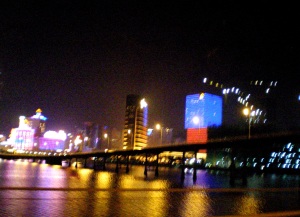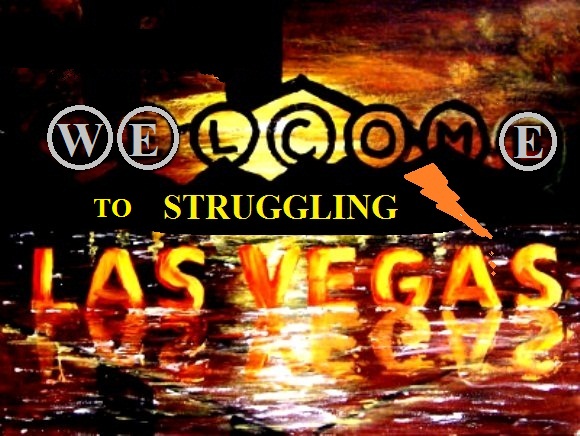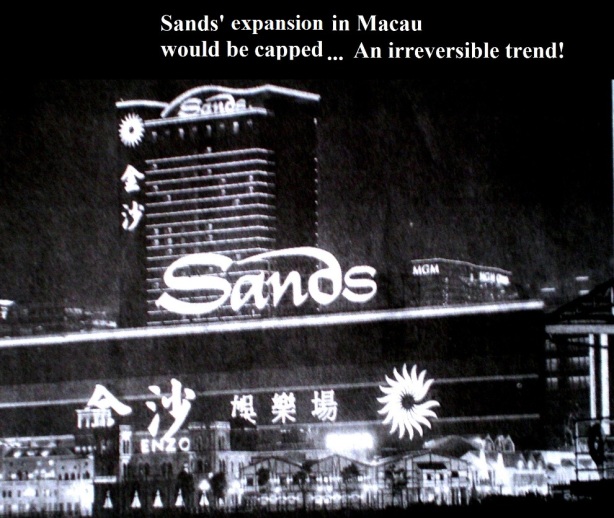Brief extracts of DOW JONES NEWSWIRES report (Oct 2010)
HONG KONG (Dow Jones)–Two senior executives integral to Galaxy Entertainment Group Ltd.’s (0027.HK) nearly US$2 billion casino resort project have resigned, the company said Monday, raising the possibility of delays.
Steve Wolstenholme, chief operating officer of the company’s flagship Galaxy Macau project, and Jeff King, senior vice president of marketing for Galaxy Macau, will depart shortly, Galaxy said in a statement, confirming an earlier Dow Jones Newswires report.
Wolstenholme, Galaxy Macau’s top-ranked executive, and King are two of only four executives dedicated to the project that are listed on the company website’s management page.
The Hong Kong-listed casino operator, controlled by the family of tycoon Lui Che Woo, said the management changes won’t affect the company’s performance or its project, which is still set to open in early 2011.
Wolstenholme and King couldn’t immediately be reached for comment.
Aaron Fischer, an analyst at CLSA, said: “It’s never a good sign when people quit ahead of an opening.”
The Editor’s Comment:
We overheard from some sources (in Macau) that the two senior executives who quitted from Galaxy Entertainment are, sadly to say that they failed to produced a “concrete opening plan” for the owner. Both have no prior experience in executing such a project in the Chinese territory. Experience in the US market at times becomes more of a problem than useful guide. Macau is not Las Vegas.
Under the circumstances, it is likely that Galaxy Resort opening will be further delayed. On the current market situation, as an “exclusively” junket room business model carrier, Galaxy is already lagging behind in terms of market share among the rest of the big casino operators. Its mass gaming business has become almost non-existance and too weak. Without a more definite strategy underlays an opening & business plan for Galaxy Resort to capture the mass casino market share, it is high-risk to open the property and to incur greater operating costs, amidst the repayment of debt/bond obligation in 2011. It is envisaged that Galaxy’s operating margins for its resort will be lower than average, under keen competition in Macau.






